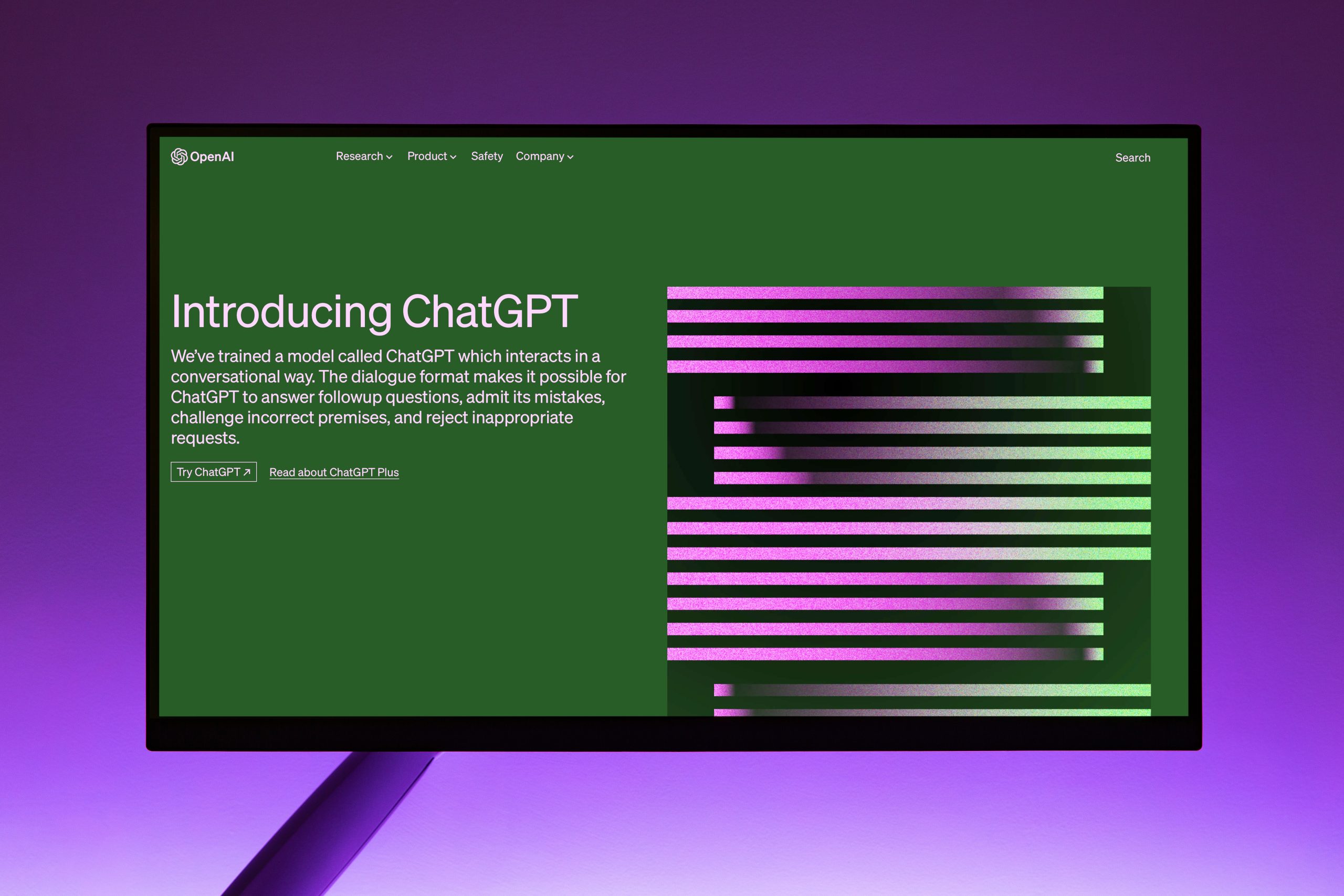As artificial intelligence (AI) continues to transform industries, it is also creating new opportunities for marketers. With the ability to analyze data in real-time and predict consumer behavior, AI is revolutionizing marketing strategies. In this article, we explore some of the new marketing jobs that could focus on AI and how they have the potential to reshape the industry.
From chatbots to programmatic advertising, AI-powered tools are changing how businesses interact with customers. As a result, companies are looking for professionals who can develop and implement these technologies in their marketing efforts. Whether you’re interested in data analysis or customer experience design, there’s a good chance that an AI-focused marketing job could be right up your alley.
The Rise of AI in Marketing
As AI continues to advance, it is changing the way marketers work. There are new marketing jobs emerging that focus specifically on using AI to improve marketing strategies. For example, there are now roles for data scientists who specialize in developing algorithms and predictive models that can help make predictions about consumer behavior.
Another area of growth is in chatbot development. Chatbots can be programmed to handle customer queries, provide recommendations based on previous interactions, and even complete transactions without human intervention. As more businesses adopt chatbots as part of their customer service strategies, demand for developers with experience in natural language processing and machine learning is likely to increase.
Overall, the rise of AI has created exciting new opportunities for marketers who are willing to embrace the technology and adapt their skills accordingly. While some traditional marketing roles may become less relevant over time, those who can leverage AI effectively will be well positioned for success in a rapidly evolving industry.

The Definition of AI
Artificial intelligence (AI) refers to the simulation of human intelligence in machines that are programmed to mimic cognitive functions such as learning, problem-solving, and decision-making. It involves creating intelligent agents that can reason and act like humans, enabling them to perform complex tasks without explicit instructions from humans.
In practical terms, AI is used in a wide range of applications such as natural language processing, speech recognition, image recognition, autonomous vehicles, and predictive analytics. These applications involve using algorithms and machine learning techniques to enable computers to recognize patterns from data inputs and take actions based on those patterns.
The field of AI is constantly evolving with new breakthroughs being made every day. As technology advances further we can expect AI to play an increasingly important role in our daily lives across various industries including marketing where it has already started transforming the way businesses interact with customers. As a result, there is now an increased demand for marketing professionals who have experience working with AI technologies or possess skills required for job roles that could focus on this emerging technology.
The Benefits of Integrating AI in Marketing
With the increasing reliance on technology, AI has become an integral part of marketing strategies. AI helps in analyzing large amounts of data and providing insights into consumer behavior, which can be used to improve marketing campaigns. It also assists in personalizing content for individual customers by predicting their preferences based on their past behavior.
One of the significant benefits of integrating AI in marketing is its ability to automate repetitive tasks such as email marketing, social media posting and targeting ads. This frees up marketers’ time to focus on more strategic tasks such as developing creative campaigns and improving customer experience. Additionally, it can help businesses save costs associated with manual labor.
Moreover, AI enables marketers to deliver real-time customer support through chatbots that are available 24/7. This enhances customer satisfaction by providing immediate assistance and resolving issues quickly. Overall, leveraging AI in marketing provides businesses with a competitive edge by improving efficiency, reducing costs, and enhancing customer experience.

New Marketing Jobs That Focus on AI
As artificial intelligence (AI) continues to transform the marketing landscape, new job roles are emerging that specialize in harnessing the power of AI for marketing purposes. One such role is that of an AI Marketing Strategist. This person would be responsible for developing and executing strategies that leverage AI tools to improve customer engagement, enhance personalization, and deliver more targeted marketing messages.
Another new job role is that of a Data Analyst with a focus on AI. This individual would be responsible for analyzing customer data to identify patterns and trends, as well as developing predictive models using machine learning algorithms. By doing so, they could help marketers better understand their target audience and create campaigns that are more effective at reaching them.
Overall, these new job roles demonstrate how AI is transforming every aspect of modern marketing – from strategy development to data analysis and beyond. As such, organizations looking to stay competitive must invest in building out their AI capabilities while also hiring talent who can bring this technology to life in meaningful ways.
Examples of AI-Focused Job Roles in Marketing
- Marketing Data Analyst: As AI technology becomes more prominent in the marketing industry, a new job role that has emerged is that of a marketing data analyst with an AI-focus. These professionals are responsible for analyzing large amounts of data and using machine learning algorithms to create accurate predictions and insights that can help companies make better decisions.
- Chatbot Developer: Another job role that has gained importance in recent years is that of chatbot developer with an AI-focused approach. In today’s world, many companies have incorporated chatbots into their websites or mobile applications to improve customer engagement and provide quick support services. A chatbot developer with an AI-focus would be responsible for building intelligent bots that can learn from user interactions and adapt to their needs over time.
- Conversational UX Designer: With the rise of voice-activated devices like Amazon Alexa and Google Home, another new job role in marketing is conversational UX (user experience) designer with an AI-focus. These designers are responsible for creating intuitive experiences for users interacting with voice-enabled technology by designing natural language models that can understand user intent and respond appropriately while still meeting business objectives.

Conclusion: Embrace the Future with AI in Marketing
In conclusion, the integration of AI in marketing holds immense potential for businesses looking to optimize their operations. The technology has already proven its effectiveness in areas such as data analysis, personalized advertising, and customer service. As new marketing jobs emerge with a focus on AI, it is important for organizations to embrace this change and invest in talent capable of leveraging these tools to drive growth.
The use of AI in marketing also presents an opportunity for companies to improve their customer experience by providing tailored recommendations and personalized interactions. Through machine learning algorithms, businesses can gain insights into consumer behavior and preferences that were previously impossible to uncover. This allows them to deliver highly relevant content that resonates with their target audience.
Ultimately, embracing the future with AI in marketing means being open-minded about the possibilities this technology offers. By investing time and resources into training employees on how to use these tools effectively, businesses can stay ahead of the curve and achieve significant competitive advantages. With more jobs emerging that focus on AI in marketing, now is the time for organizations to start exploring how they can integrate this powerful technology into their strategy.
Matej Milohnoja
Related posts
New Articles
Top 5 video marketing tools creators use to repurpose webinars into short social clips and increase reach (Descript, Kapwing, Veed, plus workflow)
If you’ve ever hosted a killer webinar and thought, “Man, I wish more people could see this!”—you’re not alone. Repurposing…


